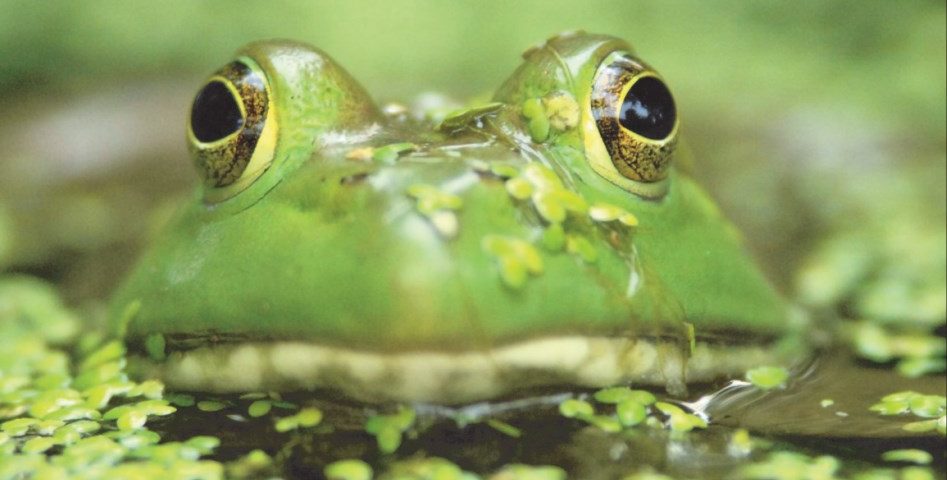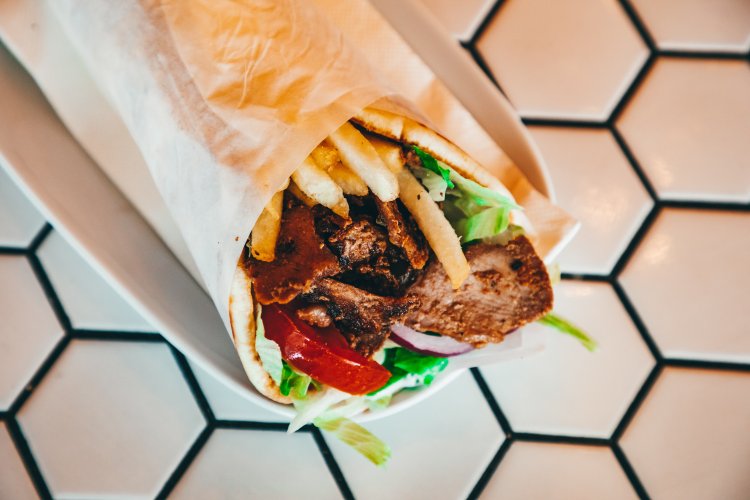What Exactly is Off the Table at Restaurants? Civets Yes, Bullfrogs No
Weibo was recently awash with the bitter emoji tears of frog meat-eaters declaring disappointment that their favorite amphibious meal had been taken off the menu in China. These netizens were responding to an image that had been circulating online, supposedly originating from the National Forestry and Grassland Administration, that claimed that bullfrog, along with several other types of sea creatures and poultry, had been banned from trade.

As it turns out, there is, in fact, a list of newly protected animals in the works. However, the list is as of yet unreleased, and no one knows for sure whether frogs or any other type of prized 'wildlife' meat will be on the list.
What led us to this moment?
Amid the coronavirus panic, public opinion on anything and everything that could remotely relate to disease control has shifted. One such matter is wildlife conservation, as the virus might have been hosted by endangered species such as the Chinese pangolin (or a civet or a bat, the jury's still out), which received new protections in China last year.
As loose as this connection is, it has led to skyrocketing public favor of increased control, and 97 percent of Chinese are now saying they are against eating wildlife animals. China’s lawmakers seized on this opportunity to finally push through much-needed changes in wildlife protection laws and brought in experts from all over the country as well as Australia and the United States to form an advisory task force.
How China's frog breeders reacted
Apparently sensing that their industry was about to be tongued down and swallowed like a fly, the nation’s bullfrog breeders responded. The Special Committee for Frog Cultivation, which was created by the China Wildlife Conservation Association (CWCA), issued a (since deleted) statement titled "Wildlife Cultivation is One of the Great Pioneering Achievements of Our Human Ancestors." The statement, perhaps unwisely, criticized the banning of wildlife trade in response to a single outbreak as "unscientific and unreasonable."

Unpleased with the special committee having stirred the pot in which the frogs were about to boil, the CWCA then released an apology statement that said the committee’s statement had had a negative influence on society. The apology, was in a sense a kiss – but far from turning the special committee into a prince, it was the kiss of death. The committee was abolished.
So, bullfrogs are safe, but for how long?
Seeing the news that the Special Committee for Frog Cultivation had been croaked, netizens leaped a lily pad too far, concluding that this meant that frog cultivation and trade would be banned. This was false, but it was enough to get the rumor mill going.

What is true, however, is that the aforementioned research task force has recommended, among other measures, extending the scope of China’s wildlife protection law based on international conventions and practices. However, no list of species has been made public.
But is there any reason that bullfrog trade might be restricted after all? We don’t know why only the Special Committee on Frog Cultivation got so wound up about potential policy changes, but we do know that bullfrogs are not an endangered species. Quite the opposite: they are an invasive species, and if the frog breeding industry ever does get the smackdown, it will likely be because it is a threat to other amphibious wildlife.
READ: A Long Road Ahead for Beijing's Bars and Restaurants, but "People Need to Eat"
Images: columbusaudubon.org, Xinshipu, Weibo







